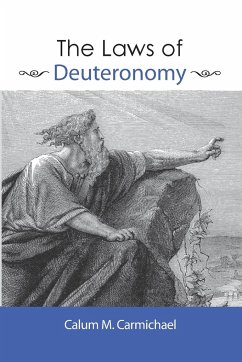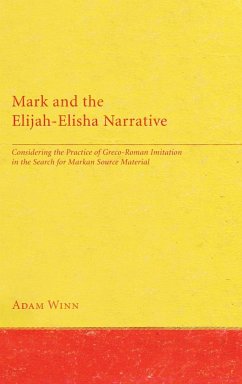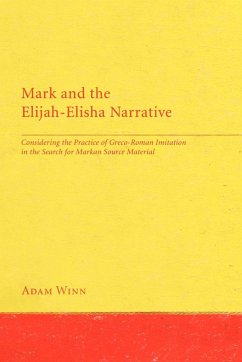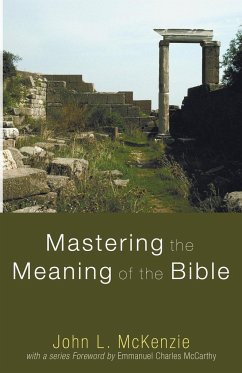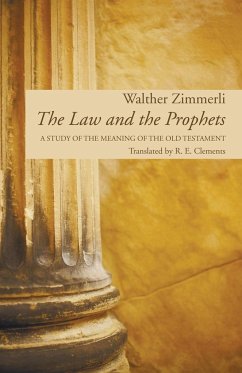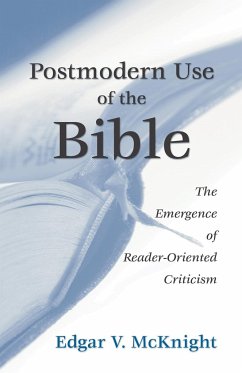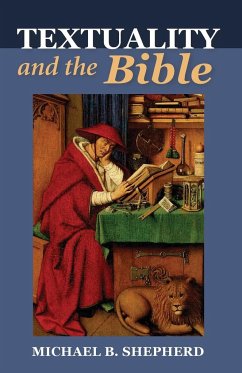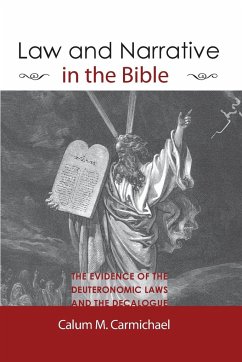
Law and Narrative in the Bible

PAYBACK Punkte
18 °P sammeln!
Calum M. Carmichael here challenges commonly accepted views respecting the derivation of the biblical laws recorded in Deuteronomy and the Decalogue, presenting compelling evidence that literary traditions, rather than social imperatives, dictated the form taken by the laws. Carmichael confronts and discusses such problematic and important issues as the sequence in which apparently unrelated laws appear. Why, he then asks, are some laws general in scope, while others are extremely specific? Acknowledging the literary sophistication of the biblical compilers, Carmichael accounts for their attri...
Calum M. Carmichael here challenges commonly accepted views respecting the derivation of the biblical laws recorded in Deuteronomy and the Decalogue, presenting compelling evidence that literary traditions, rather than social imperatives, dictated the form taken by the laws. Carmichael confronts and discusses such problematic and important issues as the sequence in which apparently unrelated laws appear. Why, he then asks, are some laws general in scope, while others are extremely specific? Acknowledging the literary sophistication of the biblical compilers, Carmichael accounts for their attribution of the Deuteronomic laws to Moses, and of the Decalogue to Yahweh. He asserts that, in order to preserve the prophetic impact of their material, the compilers closely studied existing biblical narrative, and selected laws which maintained the appropriate historical context. Using this perspective, Carmichael is able to detect strong logical continuity in both the structure and the content of the Decalogue and the Deuteronomic laws. An original and distinguished contribution to the study of biblical law, Law and Narrative in the Bible will interest legal historians and Biblical scholars alike.




